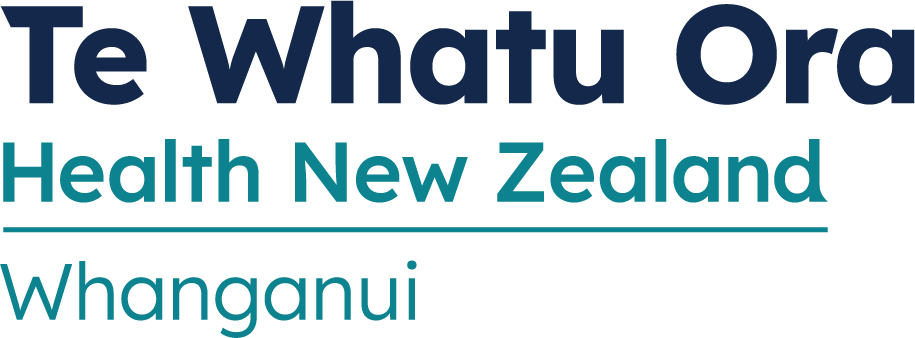
03 April 2018
To mark Advance Care Planning Day on Thursday 5 April, the Whanganui District Health Board (WDHB) is asking Whanganui residents to think about, and talk about, their end-of-life care and what matters to them.
WDHB social worker Lillian Chamberlain says no matter what a person’s age or state of health, it’s never too early to start talking about the care you’d like if you could no longer make decisions for yourself.
This includes talking about:
- what’s important to you
- who you want involved in decisions about your treatment and care
- how much treatment you want and when you’d want it to stop
- where you want to be cared for.
“Setting out our wants and hopes for our end-of-life care in an Advance Care Plan (ACP) provides peace of mind for us, our family and our carers,” Mrs Chamberlain says. “It lets people understand our personal views and values, the state of our current and likely future health, and the treatment and care options available to us.”
The WDHB and Whanganui Regional Health Network (WRHN) have been promoting Advance Care Planning since late 2011 to encourage people to open up and have a conversation some don’t find easy.
“Having said that, we know others are comfortable thinking and talking about how they would wish to be cared for leading up to their death. Furthermore, they’re grateful for having the opportunity to discuss this important issue with their friends, whānau/family and health professionals.
“Everyone should start thinking and talking about their future care planning before becoming unwell. It’s widely recognised that planning ahead helps us avoid hasty and emotional decisions having to be made when we’re sick, elderly, injured in accidents, or we’re family members placed in a situation where we’re having to make decisions based on what we think our loved one would want them to do,” Mrs Chamberlain says.
“There’s widespread agreement that, given illness and old age are not always the reasons why a person dies, everyone should think about future care planning and the need to draw up an Advance Care Plan.
“Consider this a normal conversation to have with your family,” Mrs Chamberlain says. “It’s also an important conversation to have with your lawyer when writing your will and Enduring Power of Attorney. Having an ACP assists those appointed as a person’s Enduring Power of Attorney when decision-making. It can reduce their emotional distress quite considerably.
“While we know doctors welcome being guided as to a patient’s wishes in the last phase of their lives, this is only possible if discussion has been held with the patient and their family/whānau prior to end-of-life illness occurring. Clinicians will always try and make the best decisions for patients and their families in all circumstances, but if they are pre-informed of patients’ wishes, unnecessary interventions can be avoided and the process of dying, can be as natural as it is to be born.”
Once an ACP has been completed, people are advised to return them to their GP who will forward them to Whanganui Hospital’s Clinical Records Department where an alert is set up to let hospital staff know that a person admitted to hospital has an Advanced Care Plan in place.
Information is being distributed to GP practices, community organisations, legal firms, Whanganui Library and Age Concern amongst others. People can also contact WRHN older person nurse practitioner intern Rebecca Casey on 06 348 0109 or download information from the website www.advancecareplanning.org.nz
Advance care plans can be completed online at www.advancecareplanning.org.nz, or a plan template can be downloaded to complete later. There are also a number of free resources to help you think about and prepare your advance care plan.



